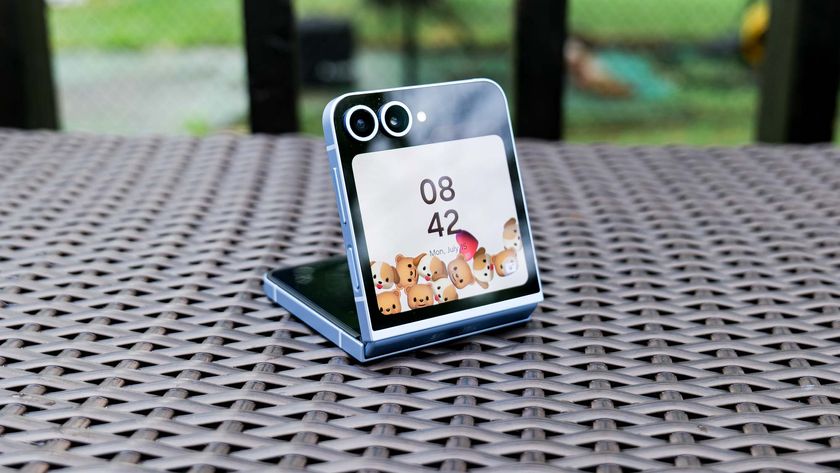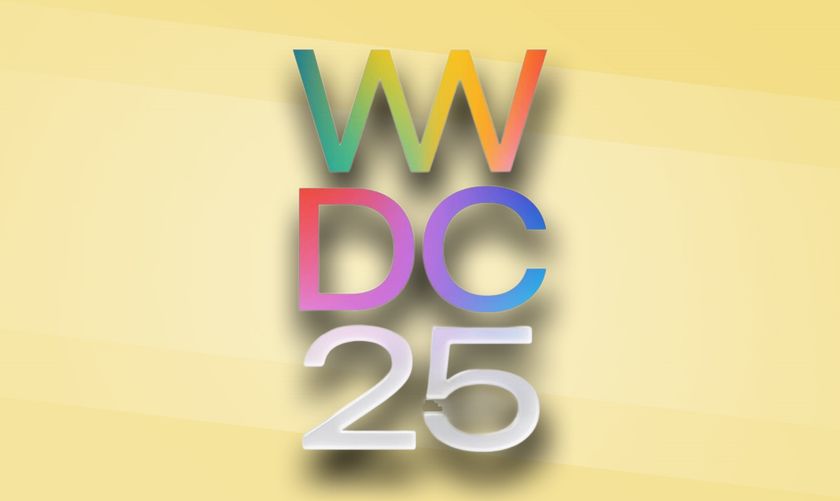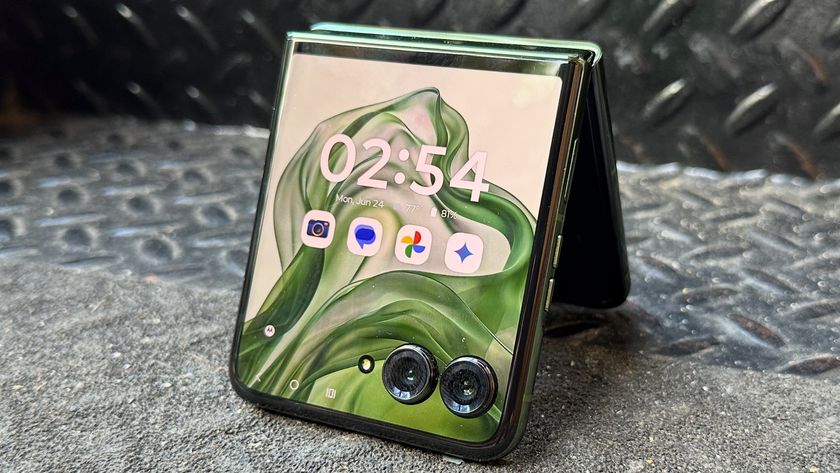VSU Ratting Out Students Using P2P Clients
The University System of Georgia is cracking down hard on students using P2P clients.

Ouch. Despite sucking their parents dry of savings and available funds, the Valdosta State University (VSU) located in Georgia will rat out students using P2P software even if it means resulting in a prison sentence.
As of this writing, the original report posted on independent student newspaper The Spectator was removed, however the cached version reveals that the University installed software which can trace P2P clients back to individual computers. Previously the VSU network could only detect the software, not track the actual user.
According to the report, an increasing number of students began to use the Ares open-source P2P client over the summer. The program allows students to evade school network controls that throttle P2P client use.
However University System of Georgia revamped the networks--including VSU's Hallnet--in August to track and isolate individual computers using any P2P client, whether its FrostWire, Ares, or the now-defunct LimeWire (which has returned as LimeWire Pirate Edition).
Once the network tracks the student, the University hands them over to the local police. As the report states, students could face up to five years in prison and fines up to $250,000 per offense. In addition to the legal punishment, students will also face disciplinary measures from the University itself.
"We are working together, IT, Student Affairs, with the Student Conduct Office to define and propose a process to be approved by shared governance (SGA, etc) that will include sanctions for violation of VSU and USG AUP policies," said Joe Newton, director of Information Technology. "As an institution of higher learning, we will take an educational approach to the problem and use approved campus procedures to reach appropriate resolutions."
Naturally many students are outraged by the severity of the University's actions against those using P2P clients. "The means of acquiring it may not be right, but if you’re just listening to the music and not selling bootleg album copies, then why is there a problem," said one student.
Sign up to get the BEST of Tom's Guide direct to your inbox.
Get instant access to breaking news, the hottest reviews, great deals and helpful tips.
Kevin started taking PCs apart in the 90s when Quake was on the way and his PC lacked the required components. Since then, he’s loved all things PC-related and cool gadgets ranging from the New Nintendo 3DS to Android tablets. He is currently a contributor at Digital Trends, writing about everything from computers to how-to content on Windows and Macs to reviews of the latest laptops from HP, Dell, Lenovo, and more.
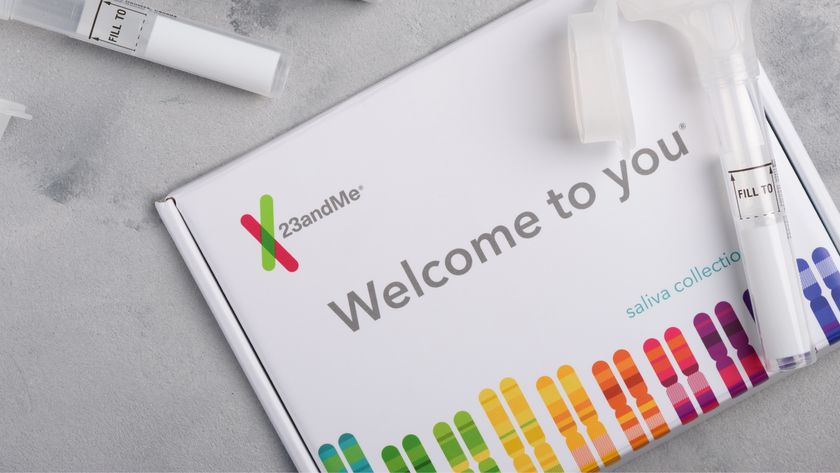
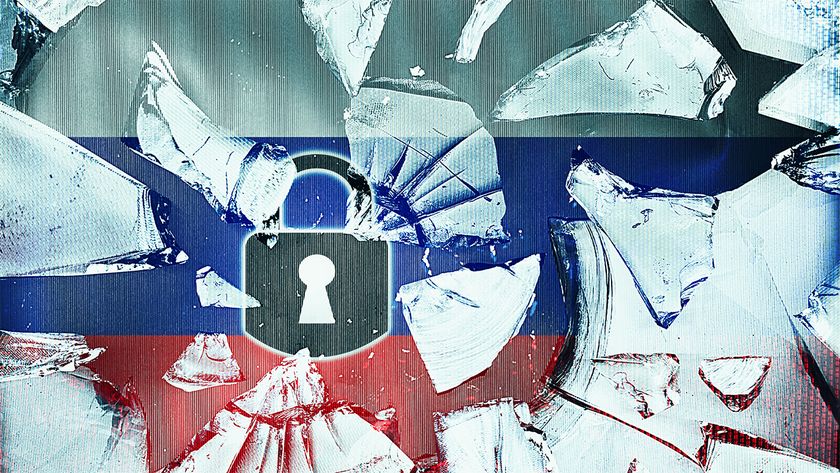
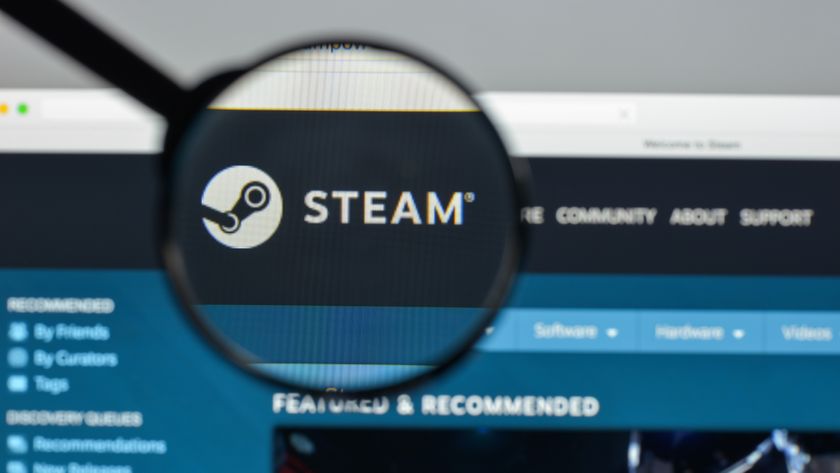
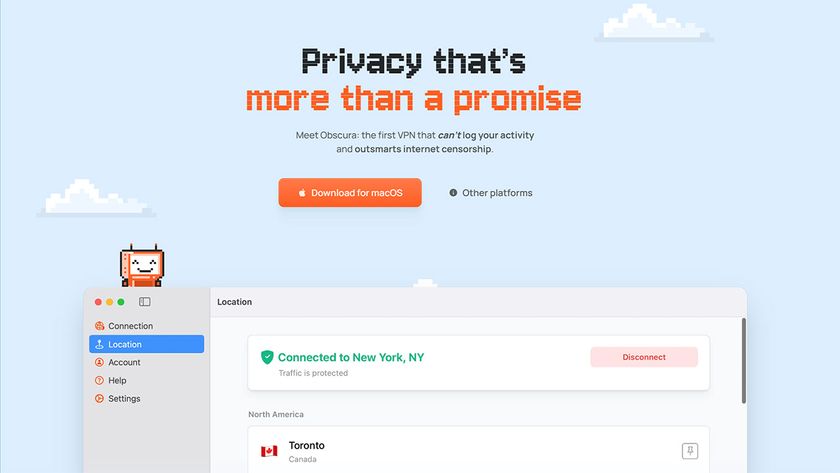

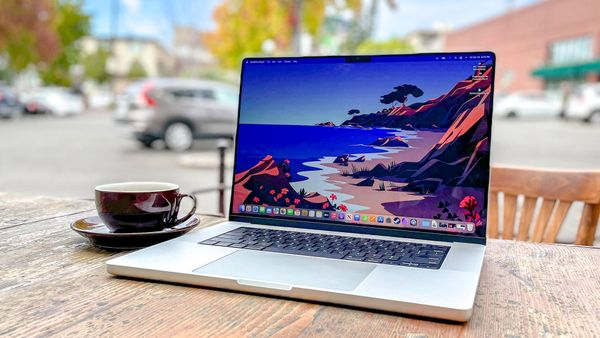

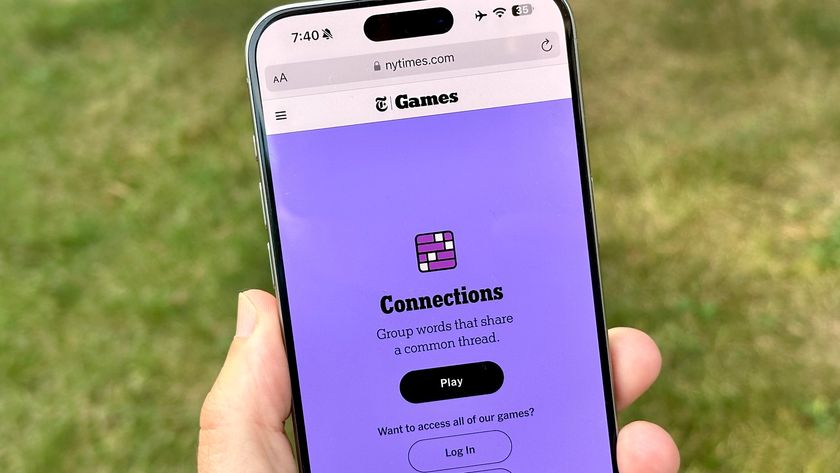
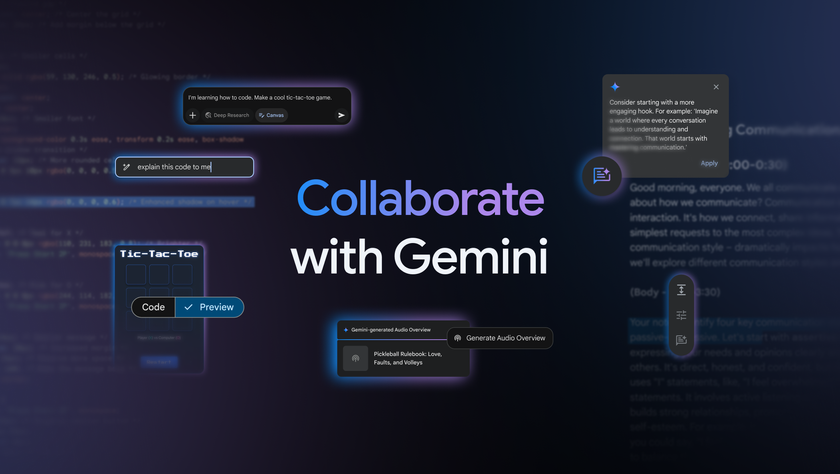
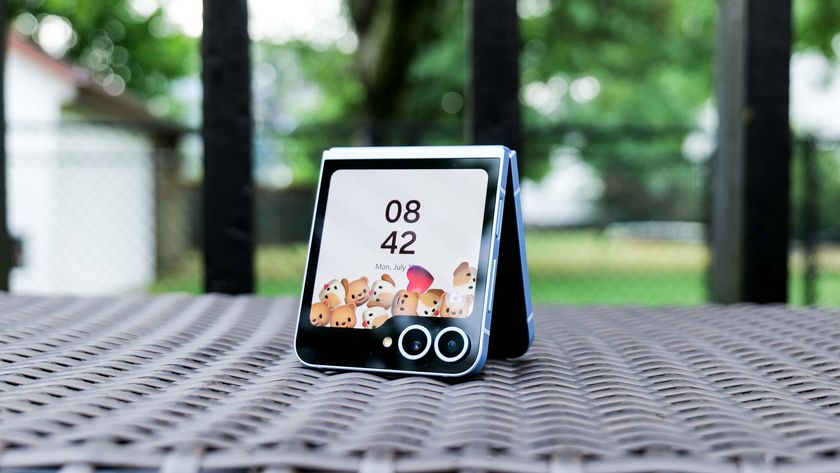
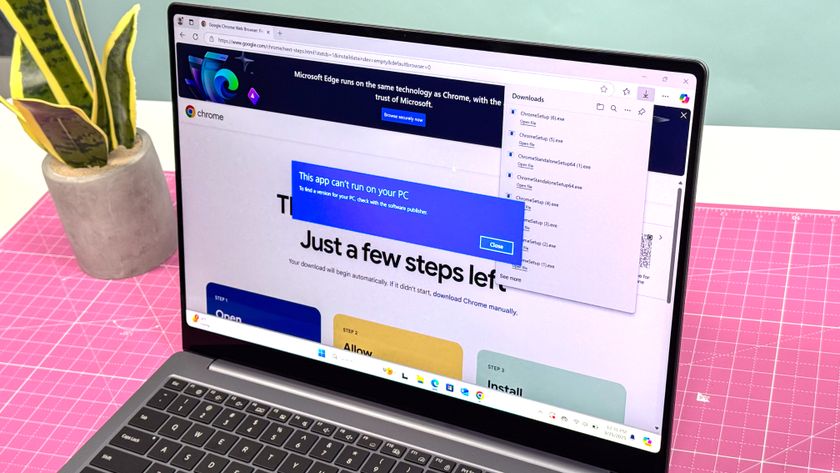

-
the_krasno Well, the Cinematic Mod for Half Life is mostly downloaded with torrents. It is a perfectly legal download. So they will kick out the student anyway? That's fascism!Reply -
Verrin I wouldn't put up with that. As soon as a school betrays it's students, it's time to transfer to another University.Reply -
elcentral well so the unewersity more or less destroys half of the students life cus they cant handle the comps on the scool.Reply -
load up some linux distros and share away... avoid any copyright works and wait for the expulsion and arrest... then call ACLUReply
-
Every student needs to start using p2p to download massive legal files and cripple their network with it. I would suggest DVD iso files of Linux Distros.Reply
-
godwhomismike In other news, 87% of the Valdosta State University computer science majors transfer out of the school.Reply -
Sykar buuut there's a lot of legal p2p through torrents and such, despite if it's only a fraction of the content most people download but nevertheless, this is beyond ridiculous...Reply
